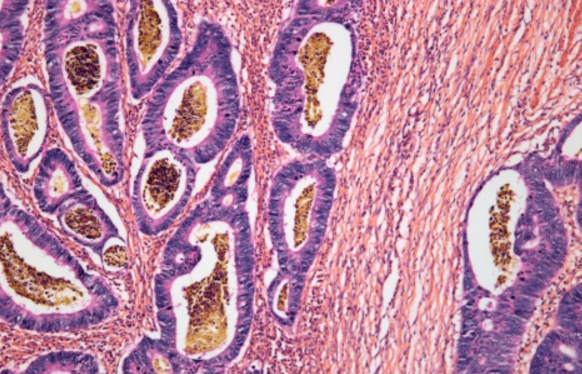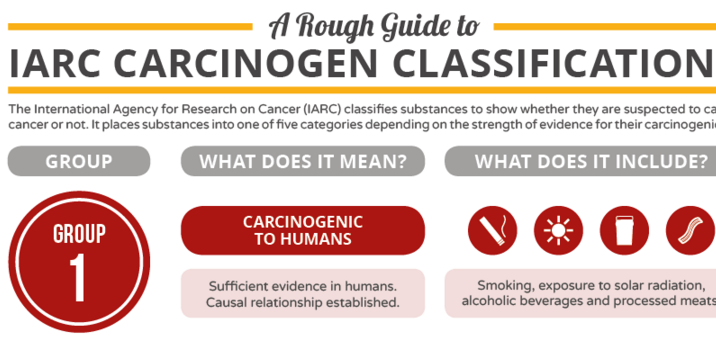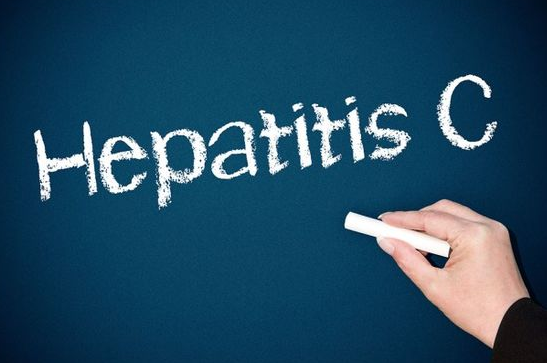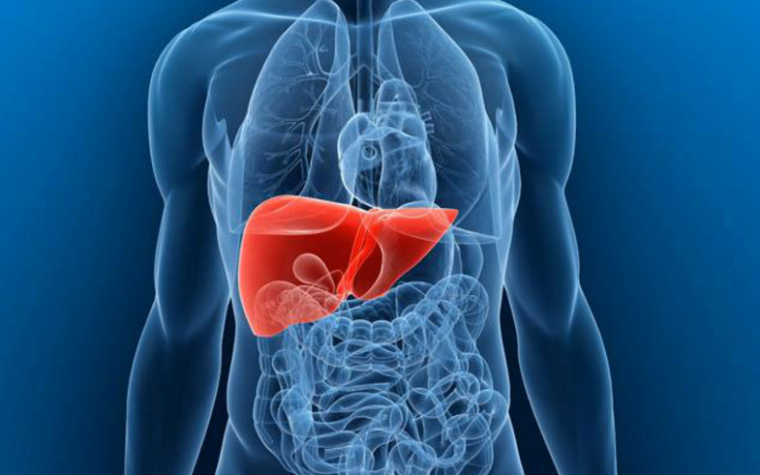For the past couple of years, there is a lot of news on colorectal cancer screening from various academic bodies such as, and especially, The Chinese University of Hong Kong. Finally, the Hong Kong government is launching the pilot screening program this year. What’s the fuss about colorectal cancer? Sure, it’s a common cancer, but so does lung cancers, liver cancers etc, why not a screening program for the other cancers?
Well, for a disease to be “worthwhile” for a population-wide screening program, it first has to fulfill a set of criteria: the Wilson and Jungner screening criteria. Briefly, it means that if there is an illness of significant health risk to the general population and somehow we have cost-effective means to do something to prevent it, then we should consider screening. So far, the only cancer that fulfill the criteria is cervical cancer, prevented by regular pap smear, up until now. Colorectal cancer is the number 1 or number 2 (depends which year) cancer in Hong Kong, so it’s a major health burden. We know that most colorectal cancer arises from polyps on the inside wall of the colon, and polyps could slowly grow into cancer in around 10 years, therefore we have a 10 years period to remove the polyps before they become cancers.
We have 2 effective ways to detect polyps. Most cancers and some polyps bleed, so we can test stools for blood and if blood is detected we perform a colonoscopy. The disadvantage is that most polyps do not bleed, that’s why stool tests are more for cancer detection rather than cancer prevention. Studies have shown that stool testing can only prevent 15-33% of colonic cancers. The other way to do it is by endoscopy, either just look at the lower part of the colon (sigmoidoscopy) or the whole colon (colonoscopy). Sigmoidoscopy causes less discomfort and can be done without sedation; however it misses polyps further up in the colon. Colonoscopy is the most effective way to screen for polyps, but also the most expensive.
Blog: www.dr-Ernest.net

















